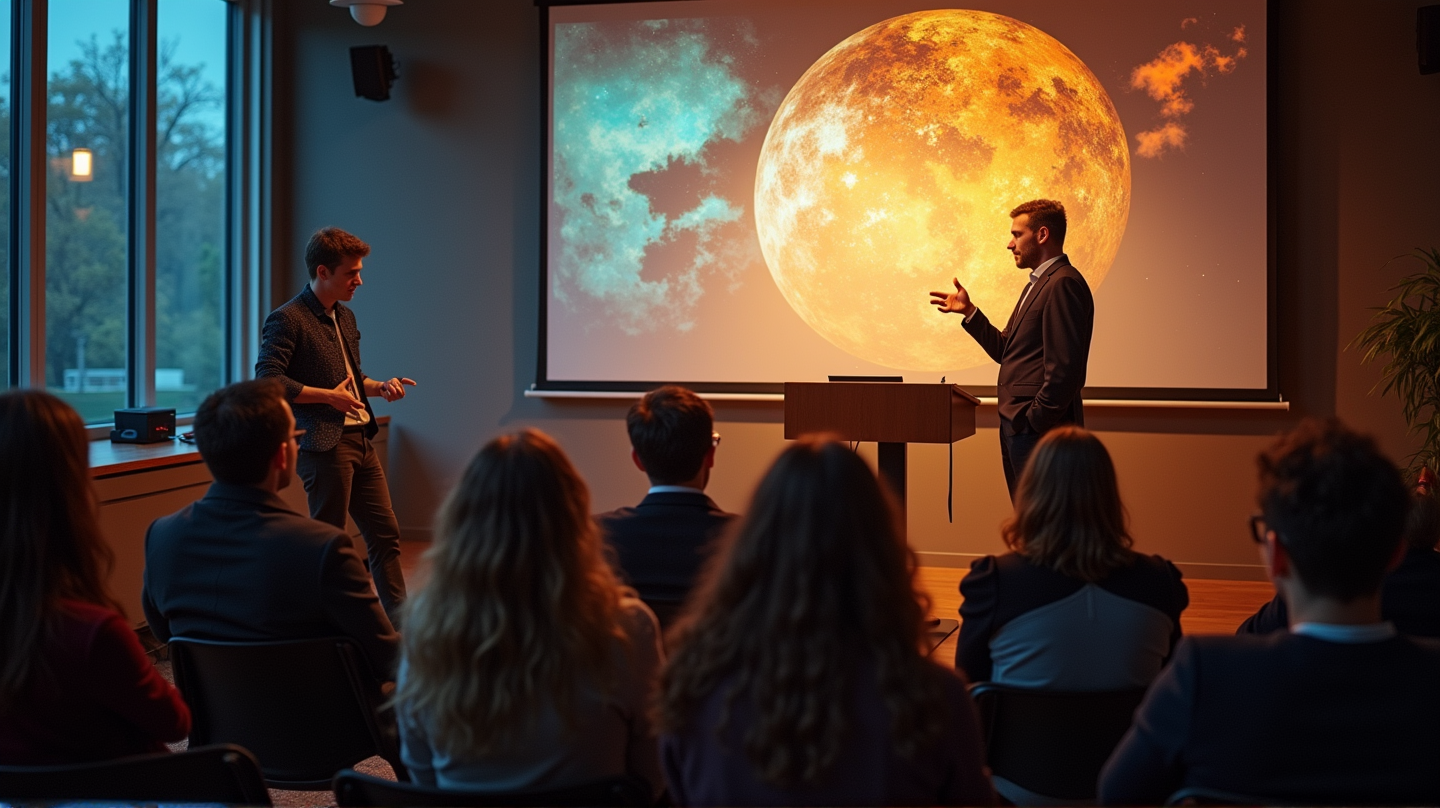How a Carbon Wealth Tax Could Transform Climate Economics
Explore the potential power of a Carbon Wealth Tax (CWT) in reshaping climate economics and promoting social equity, as discussed by Dr. Willi Semmler.

The Henry George Lecture at St. John’s University ignited a crucial conversation with many thought-provoking insights from Dr. Willi Semmler. With the spotlight on climate change, Dr. Semmler offered an innovative economic tool: the Carbon Wealth Tax (CWT). His proposal outlines how taxing carbon-intensive wealth rather than consumption could recalibrate the global response to climate challenges.
The Burden of Climate Mitigation
Achieving a carbon-neutral economy is no small feat, and Dr. Semmler argues that the key might lie in equitable burden-sharing. Instead of traditional carbon taxes, which could negatively impact lower-income households, a CWT shifts the focus toward holders of capital. “We must use global wealth to address climate change,” Dr. Semmler insists, pinpointing wealth disparity as both a problem and potential solution.
Harnessing Wealth for Green Energy
Envision a world where asset holders are incentivized to invest in green energy. This futurescape becomes plausible under a CWT, which would redirect funds away from carbon-heavy corporations toward sustainable energy innovations. As stated in St. John's University, a tax shift could catalyze vast capital movements, promoting investments in wind, solar, and other renewables.
Social Fairness and Financial Shifts
Dr. Semmler explains, “We don’t impose a tax on general wealth but on carbon-intensive assets.” This tactful approach ensures that costs aren’t passed down to consumers. Instead, it holds affluent asset owners accountable for environmental harm, thus fostering social justice within decarbonization.
A Student’s Call to Action
The lecture resonated deeply with students like Simran Grewam, who stressed that this generation faces the pressing task of climate preservation. Mohammed Shaikh echoed their sentiments, advocating awareness among economics students about the environmental repercussions of their field.
Navigating Global Dynamics
The conversation also highlighted challenges faced by developing nations, which have long been vulnerable to climate change. Juliet A. Smith inquired about the timing of CWT implementation, depicting urgency in those already experiencing climate adversities.
The Legacy of Thought Leadership
Since 1981, the Henry George Lecture Series has bridged economic theory with real-world applications. Dr. Aleksandr V. Gevorkyan, holder of the Henry George Chair, praised Dr. Semmler’s work, describing it as a beacon of professionalism and a vibrant model for student ambitions.
Reflect on Dr. Semmler’s insights and the global transformation a Carbon Wealth Tax could provoke. Such radical economic measures might be the linchpin in a collective response to sustainable growth and climate resilience.





